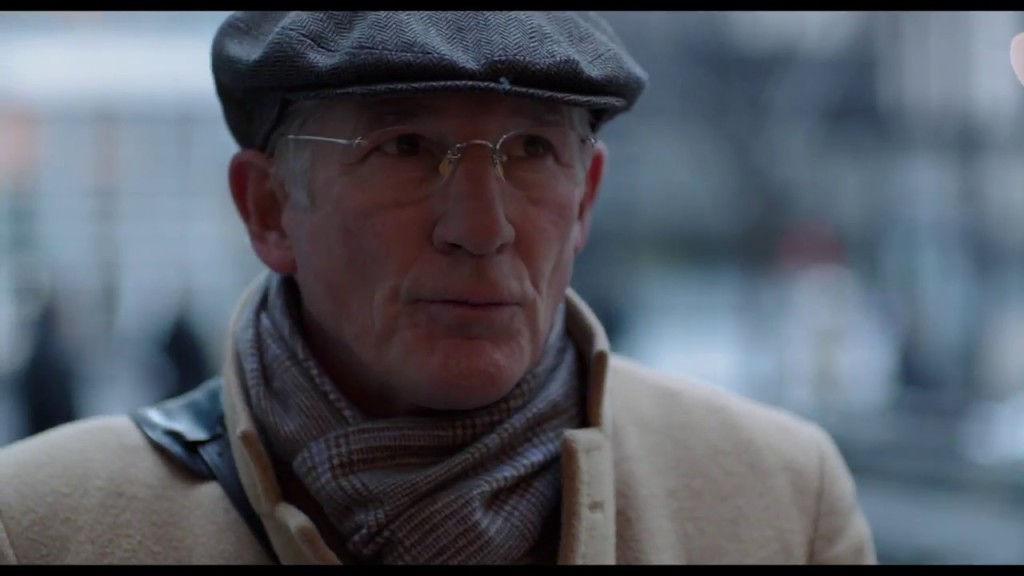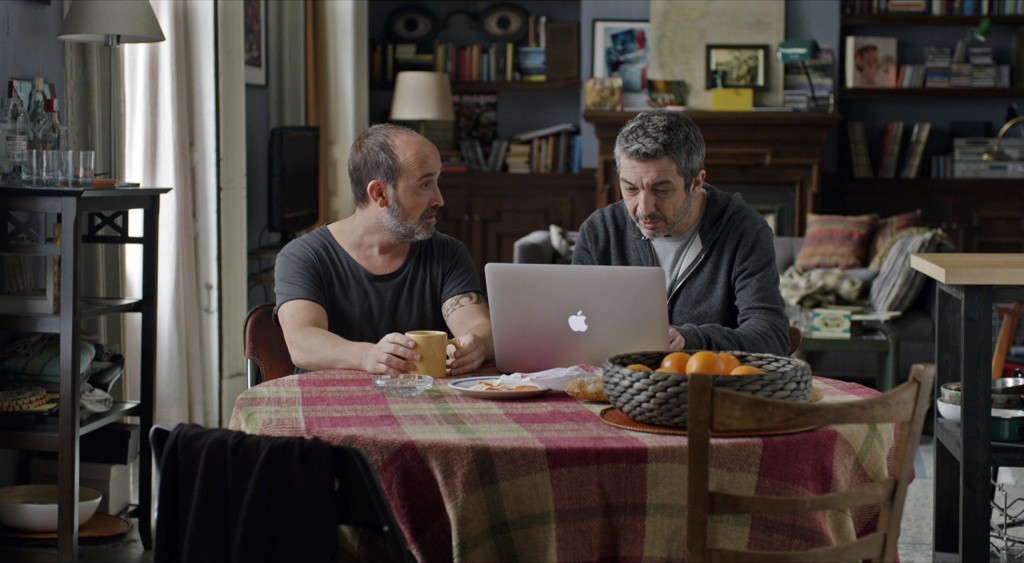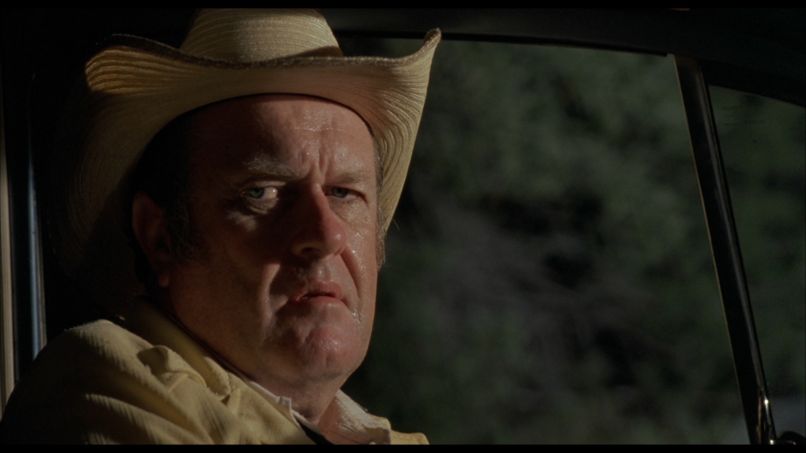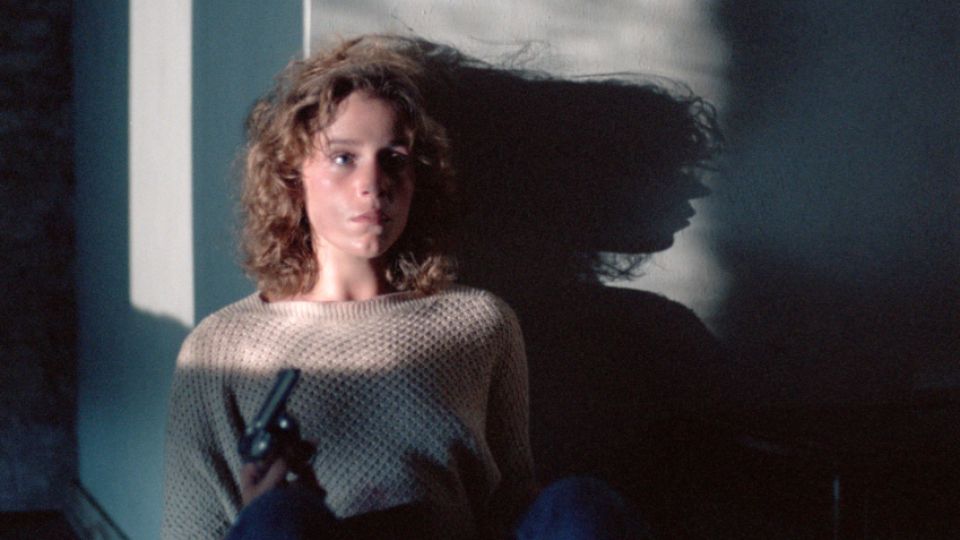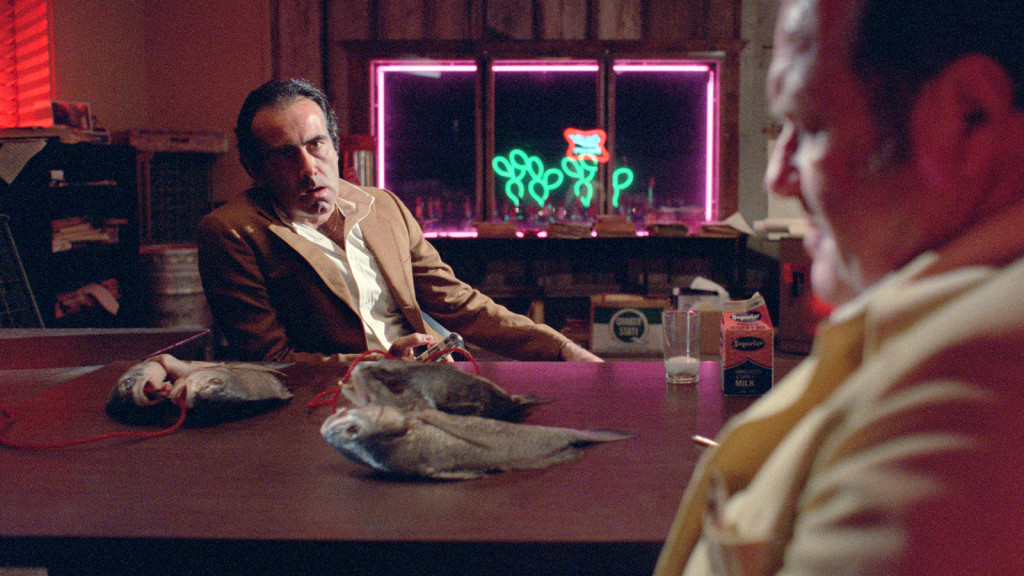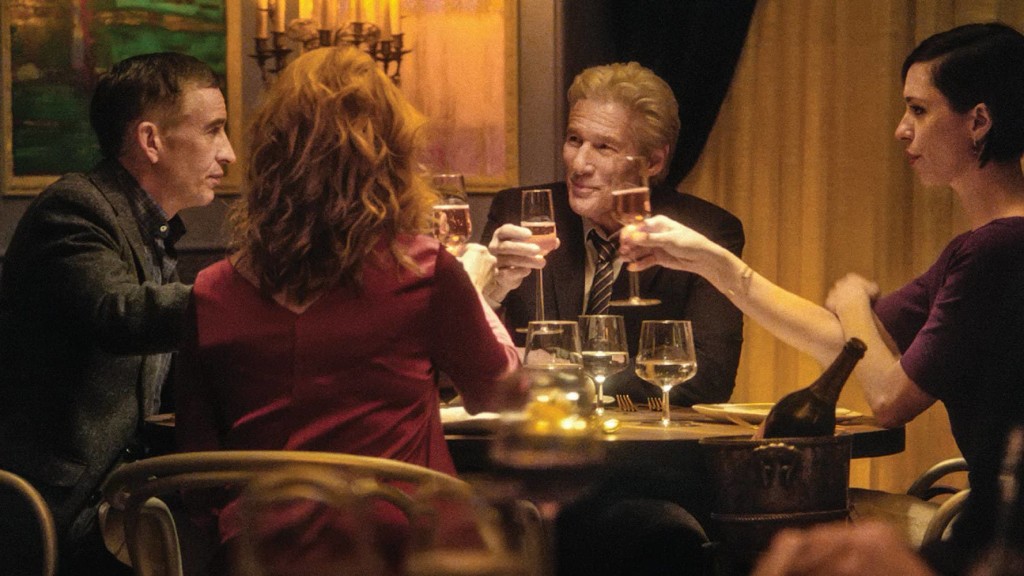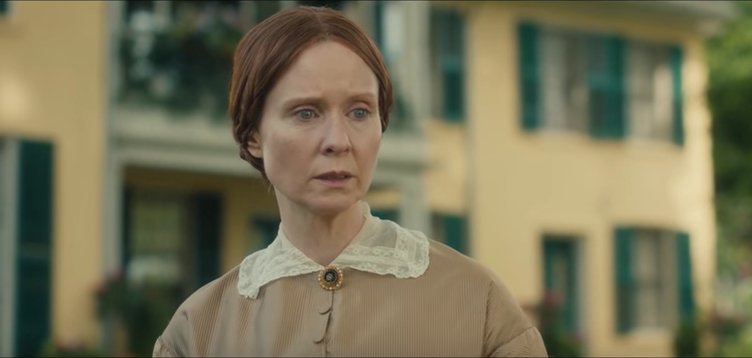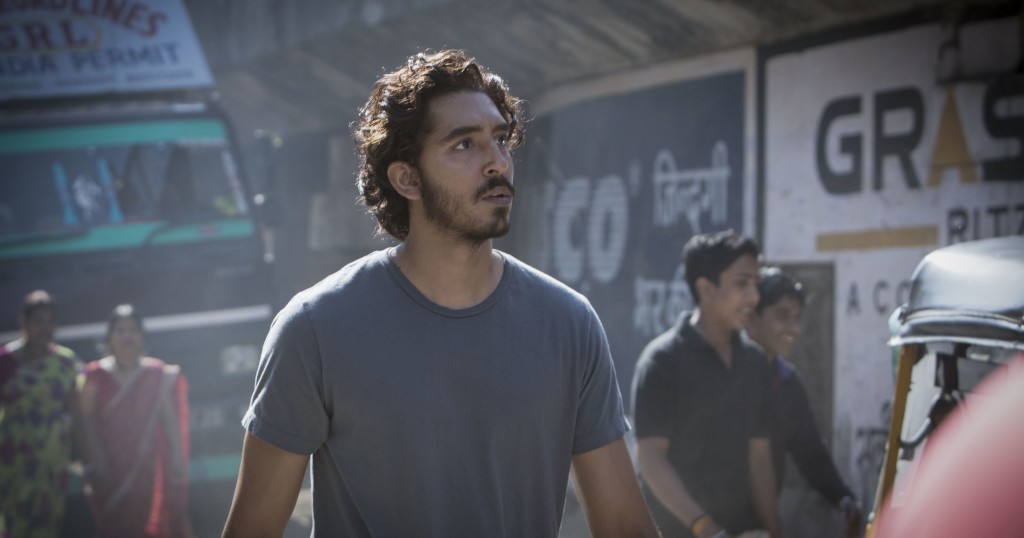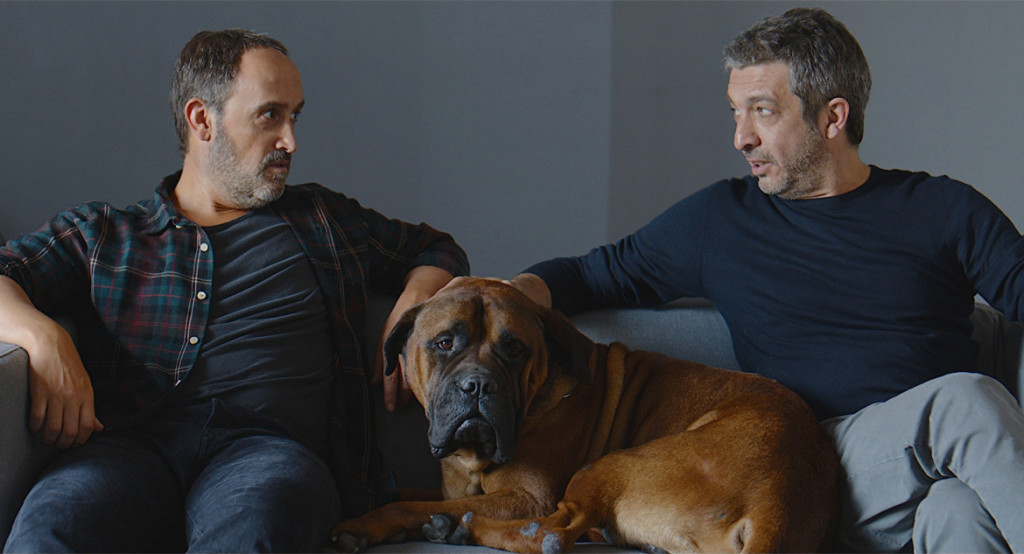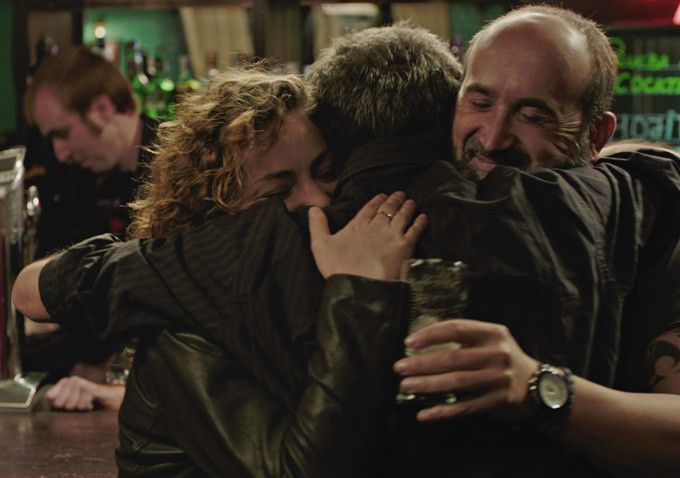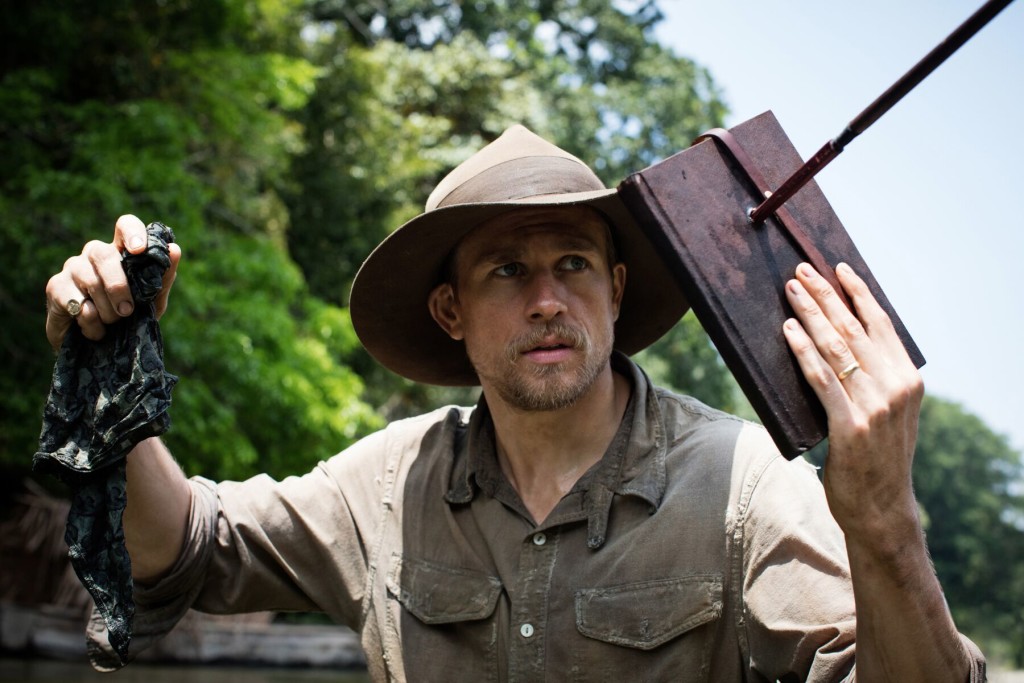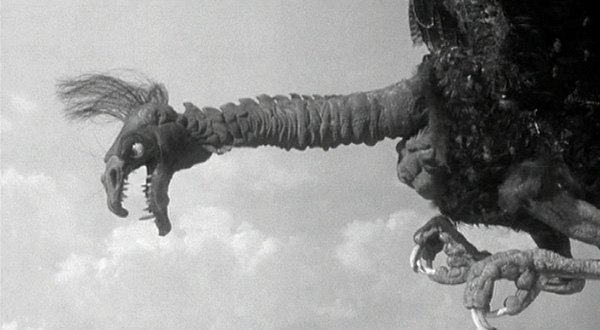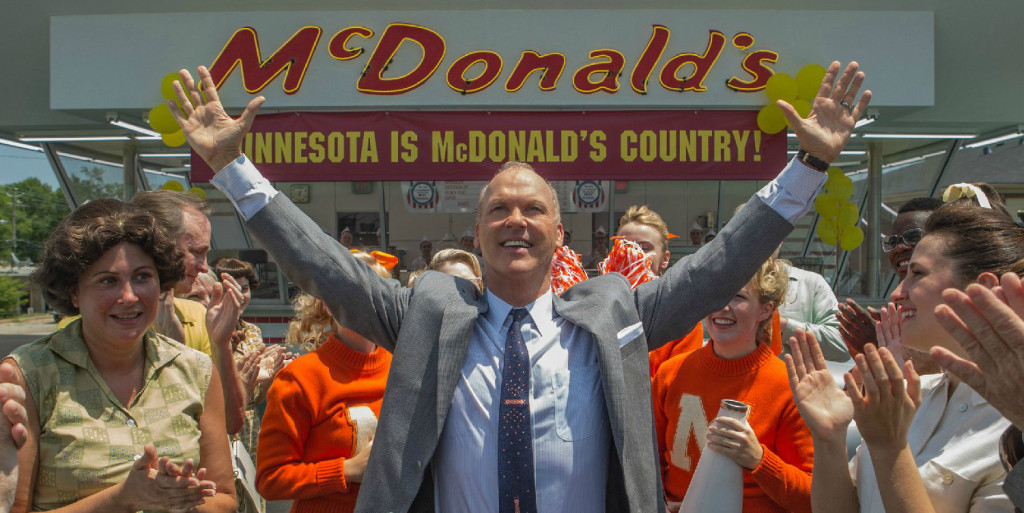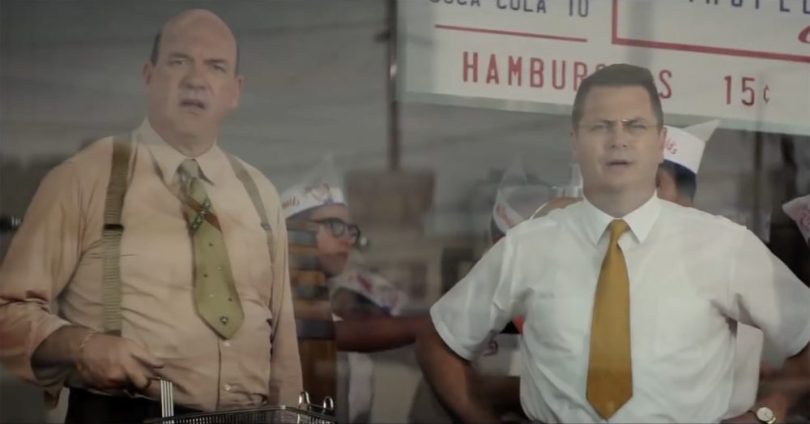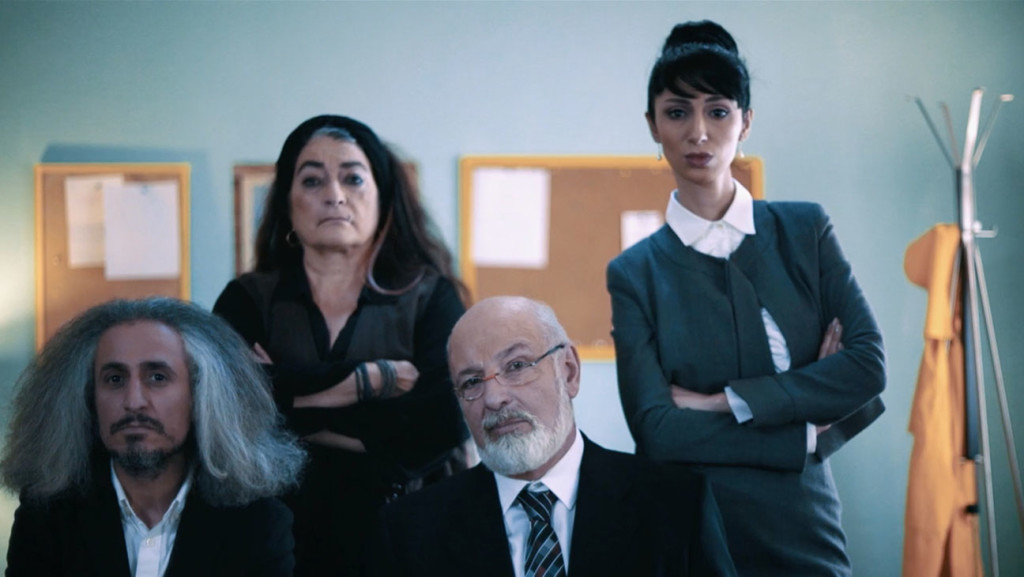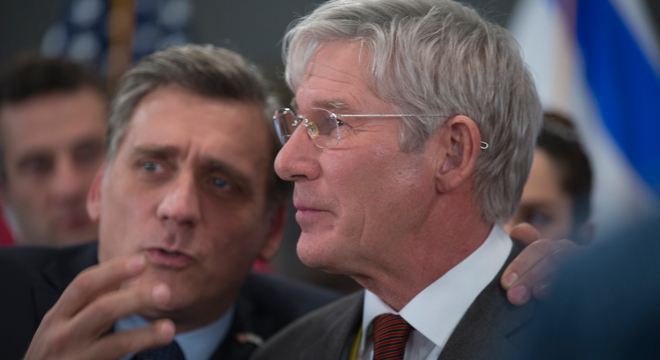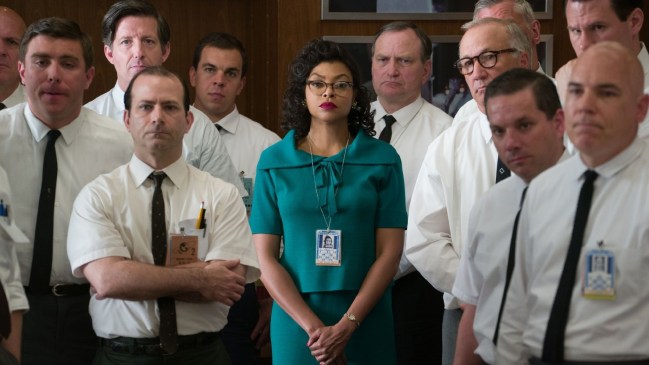
Hidden Figures tells the hitherto generally unknown story of some African-American women whose math wizardry was key to the success of the US space program in the early 1960s. It’s pretty rare that someone can make a historical movie about something I had never heard of, but here we are. The screenplay is based on real events, and we see the images of the real thee women at the end of the movie. It’s a good story.
I had forgotten that engineers used to do even the complicated calculations by hand. Indeed, lots of aeronautical engineering calculations were needed to send the first NASA astronauts into space, and this was before the government used mainframe computers, let alone handheld calculators. So the answer was to have, for every room of (all male) engineers, a room full of women with the job title of “Computer” to do and check the math problems.
Hidden Figures’ heroines, including an authentic math prodigy and pioneer in computer programming, are perfectly played by Taraji P. Henson, Olivia Spencer and Janelle Monae (fresh from another acting triumph this fall in Moonlight). Remember that these women had to overcome the automatic sexism of the Mad Men era. On top of that, they were black women working in still-segregated Virginia. And, just to make things even more difficult, they were working for engineers, too!
The entire cast is excellent, especially Mahershala Ali (hunky and compelling yet again), Kevin Costner and Jim Parsons as a particular officious and sexist foil.
We see one of the first massive, room-filling but delicate IBM mainframe computers. That, calling people “computers” and the use of the programming language FORTRAN all drew chuckles from the Silicon Valley audience at my screening.
Hidden Figures does an especially fine job in depicting the tension during John Glenn’s communications blackout. Glenn’s space capsule had a problem with the heat shield. When it re-entered the atmosphere, there was a period of a few minutes when Glenn’s communications went dead. During this time (and I remember it well), everyone on the planet was watching on TV and no one knew whether the craft and Glenn were being consumed by a fireball or on the way to a successful splashdown. Those moments were unbearable.
Hidden Figures is eminently watchable, but not a perfect movie. There are some obviously over-dramatized and over-simplified segments. I thought I heard a character – in this movie about math whizzes – refer to “an altitude of 116 miles per hour” (which should be either an altitude of 116 miles or a velocity of 116 miles per hour). And John Glenn has hair even though, in real life, he was balding at the time (perform a Google Image search for “john glenn mercury 7” if you want to see for yourself).
But those flaws don’t detract from the core story, which is compelling. The audience at my screening burst into applause, which doesn’t happen that often. Hidden Figures is available on DVD from Netflix and to stream from Amazon, iTunes, Vudu, YouTube and Google Play.

